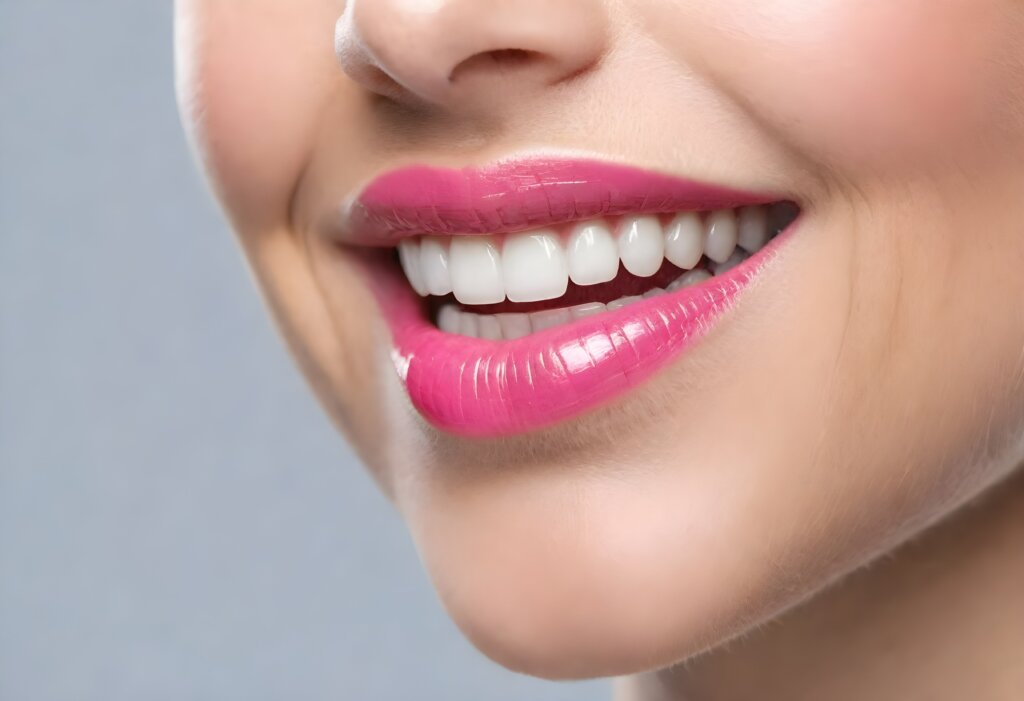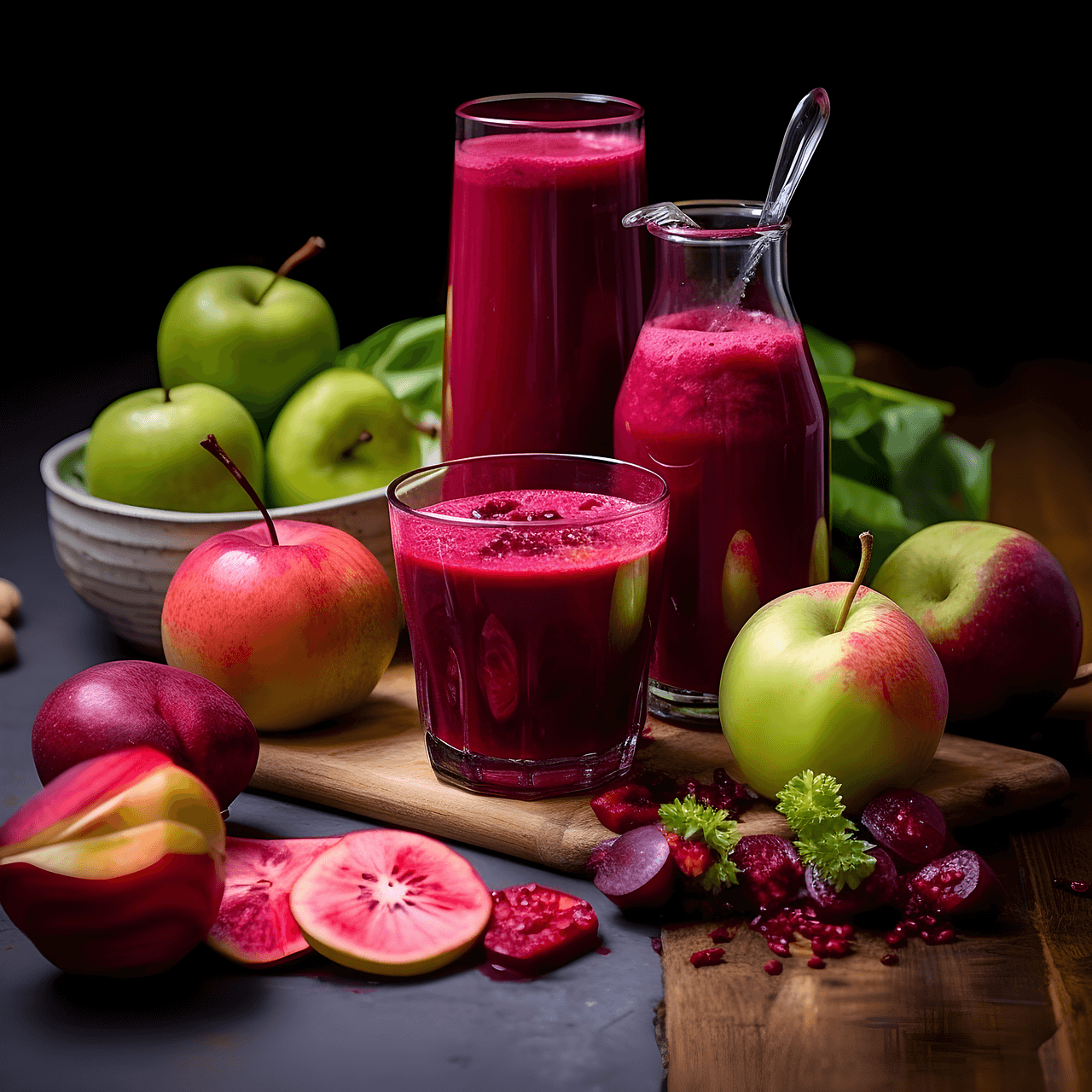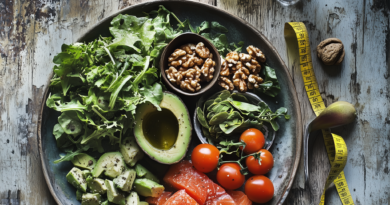Dentists Hate This! Unlock the Power of These 5 Foods for a Dazzling Smile!
Introduction
When it comes to maintaining optimal dental health, most people immediately think of brushing, flossing, and regular dental check-ups. While these practices are undoubtedly crucial, there’s another powerful tool in our arsenal that often goes overlooked: our diet. Certain foods can play a significant role in strengthening our teeth and promoting overall oral health. In this article, we’ll explore five surprising foods that can contribute to exceptional dental health, making your teeth more resilient and less prone to decay.
Before we delve into these dental superfoods, it’s important to understand that no food can make teeth truly “indestructible.” However, incorporating these foods into a balanced diet, along with proper oral hygiene practices, can significantly enhance the strength and health of your teeth. Let’s discover how these unexpected dietary choices can become valuable allies in your quest for a healthier smile.
The Role of Diet in Dental Health
Understanding the Connection
The food we consume doesn’t just affect our waistline or energy levels; it also has a profound impact on our oral health. The mouth is the first point of contact for everything we eat and drink, making it particularly susceptible to the effects of our dietary choices. Some foods can erode tooth enamel and promote bacterial growth, while others can strengthen teeth and fight against decay.
The Basics of Tooth Structure
To appreciate how certain foods can benefit our teeth, it’s helpful to understand the basic structure of a tooth:
- Enamel: The hard, protective outer layer
- Dentin: The layer beneath the enamel, which is softer and more vulnerable
- Pulp: The innermost part containing blood vessels and nerves
Foods that support dental health often work by strengthening the enamel, remineralizing the teeth, or combating harmful bacteria in the mouth.

1. Cheese: The Unexpected Dental Defender
How Cheese Supports Dental Health
Cheese might not be the first food that comes to mind when thinking about dental health, but it’s a powerful ally in the fight against tooth decay. Here’s why cheese is so beneficial for your teeth:
- pH Balance: Cheese helps to neutralize the acidity in your mouth, creating an environment less favorable for harmful bacteria.
- Calcium and Phosphate: These minerals are essential for remineralizing tooth enamel.
- Saliva Production: Chewing cheese stimulates saliva production, which helps to wash away food particles and bacteria.
The Best Types of Cheese for Dental Health
While all cheese can be beneficial, some varieties are particularly good for your teeth:
- Aged Cheddar
- Swiss
- Monterey Jack
- Gouda
These harder cheeses are especially effective at stimulating saliva production and providing calcium and phosphate.
Incorporating Cheese into Your Diet
To reap the dental benefits of cheese, consider these suggestions:
- Enjoy a small piece of cheese after meals to help neutralize acids
- Add cheese to salads or sandwiches for a dental-friendly boost
- Opt for cheese as a snack instead of sugary alternatives
Remember, moderation is key. While cheese is beneficial for dental health, it’s also high in calories and saturated fat.
2. Leafy Greens: Nature’s Toothbrush
The Dental Benefits of Leafy Greens
Leafy green vegetables are often touted for their numerous health benefits, but their positive impact on dental health is sometimes overlooked. Here’s why these nutritional powerhouses are great for your teeth:
- High in Calcium: Leafy greens are an excellent source of calcium, which is crucial for strong teeth.
- Rich in Folic Acid: This B vitamin can help prevent gum disease.
- Natural Cleaning Action: The fibrous texture of leafy greens can help clean teeth as you chew.
Top Leafy Greens for Dental Health
While all leafy greens are beneficial, some stand out for their dental health properties:
- Kale
- Spinach
- Collard Greens
- Swiss Chard
These greens are particularly high in calcium and other essential nutrients that support oral health.
Creative Ways to Eat More Leafy Greens
If you’re not a fan of salads, don’t worry. There are many ways to incorporate more leafy greens into your diet:
- Add them to smoothies for a nutrient boost
- Use them as a wrap instead of bread
- Sauté them as a side dish with garlic and olive oil
- Incorporate them into soups and stews
By finding creative ways to include more leafy greens in your meals, you can support both your overall health and your dental health.
3. Almonds: The Crunchy Tooth Strengthener
Almonds and Dental Health
Almonds are not only a delicious and satisfying snack, but they also offer significant benefits for your dental health. Here’s why almonds are so good for your teeth:
- Low in Sugar: Unlike many snacks, almonds are low in sugar, which helps prevent tooth decay.
- High in Calcium and Phosphorus: These minerals are essential for strong teeth and bones.
- Provides a Gentle Scrubbing Action: The crunchy texture of almonds can help clean teeth as you chew.
The Nutritional Profile of Almonds
Let’s take a closer look at what makes almonds so beneficial:
- Protein: 6 grams per ounce
- Fiber: 3.5 grams per ounce
- Vitamin E: 37% of the Daily Value (DV) per ounce
- Magnesium: 19% of the DV per ounce
This combination of nutrients not only supports dental health but also contributes to overall wellbeing.
Incorporating Almonds into Your Diet
Here are some ways to enjoy more almonds:
- Snack on a small handful of raw almonds
- Use almond flour in baking for a tooth-friendly alternative to wheat flour
- Add sliced almonds to salads or yogurt
- Try unsweetened almond butter as a spread
Remember, while almonds are nutritious, they are also calorie-dense. Enjoy them in moderation as part of a balanced diet.
4. Apples: Nature’s Dental Floss
The Dental Benefits of Apples
The old adage “an apple a day keeps the doctor away” might need to be updated to include dentists. Apples offer several benefits for dental health:
- Natural Cleansing: The fibrous texture of apples can help clean teeth and stimulate gums.
- Saliva Production: Chewing apples increases saliva flow, which helps neutralize mouth acids.
- Malic Acid Content: This compound can help whiten teeth naturally.
How Apples Clean Your Teeth
When you bite into an apple, several things happen:
- The fibrous flesh of the apple scrubs against your teeth, helping to remove plaque and food particles.
- The act of chewing stimulates saliva production, which aids in washing away bacteria and neutralizing acids.
- The slightly acidic nature of apples can help kill harmful bacteria in your mouth.
The Best Ways to Eat Apples for Dental Health
To maximize the dental benefits of apples:
- Eat them with the skin on for added fiber
- Chew thoroughly to stimulate saliva production
- Enjoy them as a dessert or after-meal snack to help clean teeth
- Pair with a protein like cheese for added dental benefits
While apples are beneficial for dental health, it’s important to note that they do contain natural sugars and acids. Always rinse your mouth with water after eating apples and wait at least 30 minutes before brushing to avoid enamel damage.
5. Green Tea: The Unexpected Oral Health Elixir
Green Tea’s Impact on Dental Health
Green tea might not be the first beverage that comes to mind when thinking about dental health, but it offers surprising benefits for your teeth and gums:
- Antioxidants: Green tea is rich in polyphenols, which can reduce inflammation and fight bacterial infection.
- Fluoride Content: Many green teas naturally contain fluoride, which helps prevent tooth decay.
- Catechins: These compounds in green tea can kill bacteria associated with tooth decay and gum disease.
The Science Behind Green Tea and Oral Health
Several studies have highlighted the potential benefits of green tea for oral health:
- A study published in the Journal of Periodontology found that regular green tea drinkers had healthier gums than those who didn’t drink green tea.
- Research in the Journal of Nanoscience and Nanotechnology suggested that green tea may help prevent the formation of dental plaque.
How to Incorporate Green Tea into Your Routine
To reap the dental health benefits of green tea:
- Drink 2-3 cups of unsweetened green tea daily
- Use cooled green tea as a mouth rinse
- Consider green tea supplements, but consult with a healthcare professional first
Remember, while green tea can be beneficial, it’s not a substitute for regular brushing, flossing, and dental check-ups.
Conclusion: Building a Dental-Friendly Diet
The Power of a Balanced Approach
While these five foods can significantly contribute to dental health, it’s important to remember that they’re part of a larger picture. A truly dental-friendly diet incorporates a variety of nutrients and food groups, while minimizing harmful elements like excess sugar and acidic foods.
Key Takeaways
- Cheese can help neutralize mouth acids and provide essential minerals for teeth
- Leafy greens offer calcium and natural cleaning action
- Almonds provide gentle scrubbing and important minerals
- Apples act as nature’s toothbrush, stimulating saliva production
- Green tea offers antibacterial properties and potential cavity prevention
The Role of Diet in Overall Oral Health
Remember, while these foods can contribute to stronger, healthier teeth, they’re not a replacement for good oral hygiene practices. Regular brushing, flossing, and dental check-ups remain crucial for maintaining optimal dental health.
By incorporating these foods into a balanced diet and maintaining good oral hygiene habits, you can support not just your dental health, but your overall wellbeing. A healthy mouth contributes to a healthy body, and with these dietary choices, you’re taking a proactive step towards both.
“Let food be thy medicine and medicine be thy food.” – Hippocrates
This ancient wisdom rings especially true when it comes to dental health. By making informed choices about what we eat, we can significantly impact the health and strength of our teeth. So, the next time you’re planning your meals or reaching for a snack, consider how your choices might be benefiting (or harming) your dental health. With the right approach, every bite can be a step towards a healthier, brighter smile.




